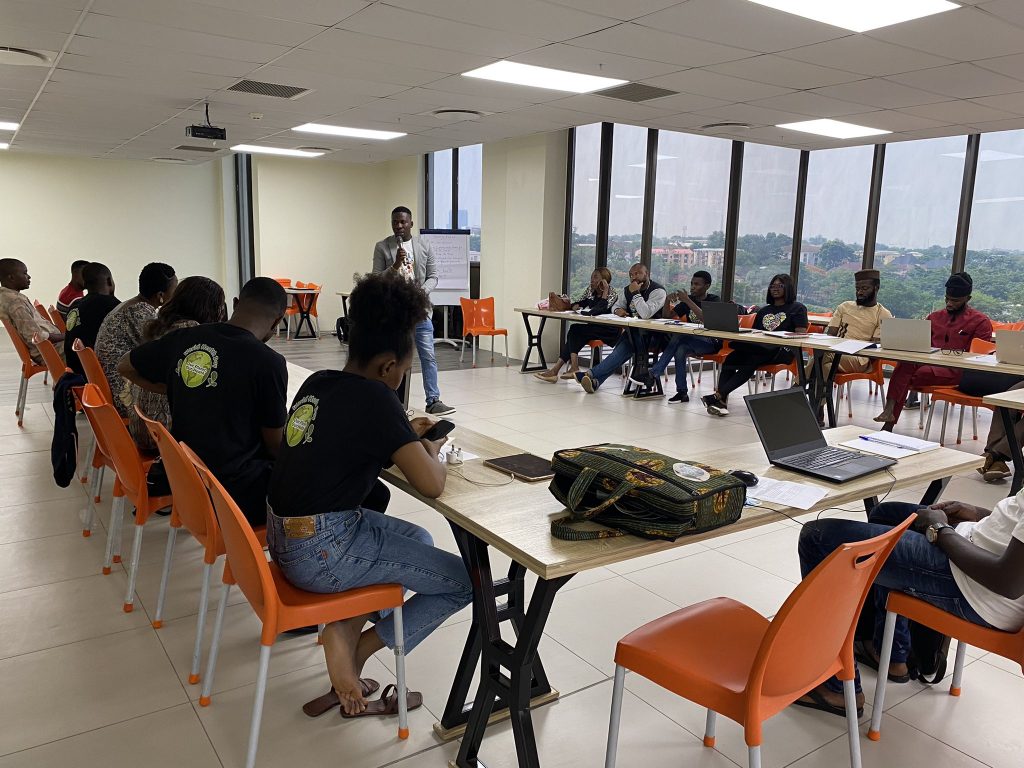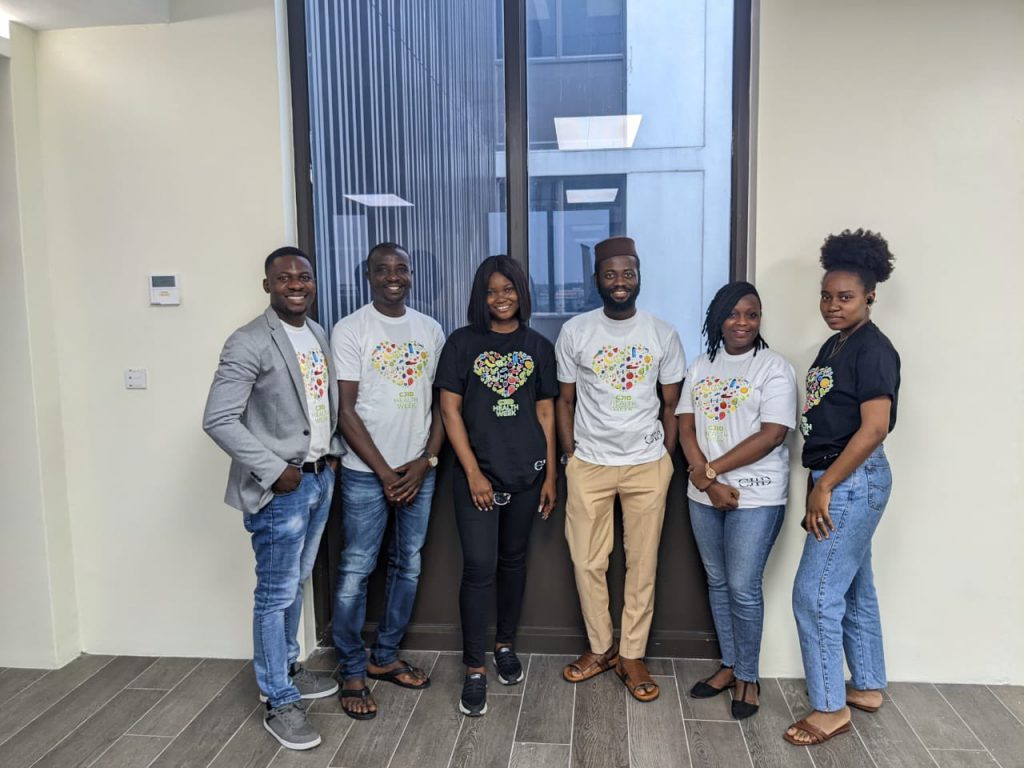
The Centre for Journalism Innovation and Development, through its Development Practice desk, trains twenty researchers and journalists across different newsrooms in Nigeria to understand the nexus between environment, health, and climate change.
The two-day training was organised by the centre to build the capacity of journalists and deepen their understanding of the linkages between climate change, the environment, and various health issues.
The training was part of its activities to mark this year’s World Health Day, themed “Our planet, Our health”.
Speaking at the training, the Deputy Director at CJID, Akintunde Babatunde in his welcome address said with the devastating impact of climate change on the health of the people, the time is now for journalists and researchers to be empowered with the right skills to not only tell the stories of vulnerable groups who are facing the impact, but aslo to assign responsibility and hold governments accountable.
Annually, the World Health Organization (WHO) sets a day aside to create awareness of a specific health theme to highlight a priority area of concern, and this celebration conceived by the WHO is also actively celebrated by its member nations to raise particular issues of interest on selected themes in respect of those member states.
This year’s theme, therefore, focused on the urgent actions needed to keep humans and the planet healthy and foster a movement to create a society focused on well-being.

An eye-opener
The participants, mostly Abuja-based journalists across different newsrooms, who were tutored by seasoned climate change and health experts, saw the training as an eye-opener to deep dive into the climate change and health issues plaguing humanity.
Seyifunmi Adebote, an environmentalist and participant opined that the training would set the pace to consequentially report the various health and climate change issues.
He said: “In the last 5 years of working around climate change and environmental policies across Nigeria and beyond, it has always been clear that there are strong connections between ‘Health’ and ‘Climate Change’ but I haven’t had the opportunity to write about this.
He noted that one thing that stood out for him at the first-day session “is the brilliance of the resource persons – all young, experienced, and knowledgeable experts. I was intrigued with how they practically explained the strong connection between health, climate change, and environmental issues in Nigeria, with a focus on how we can see similar issues through different lenses and write about them”.
Mr Adebote said he is excited to be a part of the selected journalists and looking forward to sharing his story ideas as well as listening to the ideas that will be shared by other colleagues during the story lab session.
Also, Vivian Chime, a climate change reporter at The Cable said the training has rekindled her passion for great story ideas to pursue.
She noted that: “The facilitators are very detailed in their explanations and take the time to draw up connections between climate change, environment, health, governance, and everyday life. The training is really all-encompassing and the knowledge I’m gaining is one I know that would help me not just in my climate reporting but in my entire journalism career.
Ms Vivian stated that she loves “the level of great minds who are here for the training and the meaningful conversations on the way forward for Africa as it relates to climate change and sustainability.
“It is truly a masterclass and I appreciate CJID for putting this together, she concluded.
Just like Mr Adebote, Abdulkareem Mojeed who reports for Premium Times, said “the training was an eye-opener for stories that clearly show how Climate change manifestation affects the environment and its health implications on the ecosystems to be told.
“I believe the second-day training would be more rigorous and engaging. With this, I hope to churn out exquisite stories that would show how the aforementioned elements (climate change, environment, and health) influence the floral and fauna of our ecosystems for the public good”, Mr Mojeed explained.
After the training, the journalists will be supported with story grants to produce insightful and data-driven analyses on the different climate change, environment, and health issues.
Press Release, originally by Centre for Journalism Innovation and Development, CJID.
